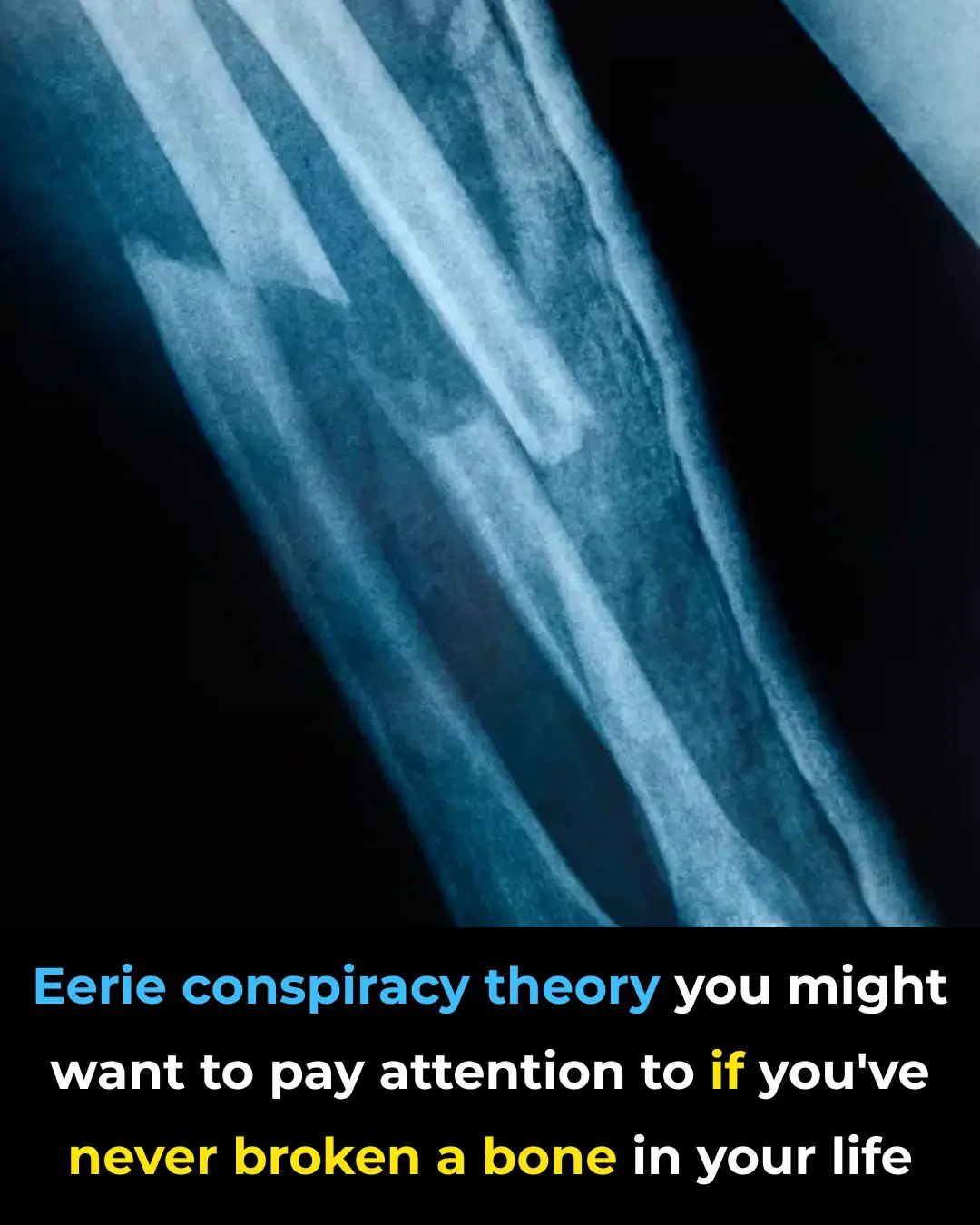
Tingling Sensation In Your Body: Why Does It Happen
Why You Sometimes Feel a Tingling Sensation in Your Hands or Legs
Almost everyone has experienced that strange tingling or “pins and needles” feeling — especially after sitting for too long or falling asleep in an awkward position. When you finally stand up or move, it feels like tiny electric pricks rushing through your legs or hands. It’s uncomfortable, sometimes even startling, but it usually fades quickly.
While this sensation is common and usually harmless, frequent or persistent tingling can sometimes signal something more serious. Understanding why it happens — and how to prevent it — can help you manage it better. (Note: This article is for informational purposes only. Always consult a doctor if the sensation occurs often or doesn’t go away.)
What Is the Tingling Sensation?
The scientific name for this feeling is paresthesia, according to the National Institute of Neurological Disorders and Stroke (NINDS). It refers to a temporary sensation of tingling, numbness, or even a mild burning in parts of the body — most commonly in the hands, feet, legs, or arms.
This odd, crawling, or prickly feeling occurs without warning and usually doesn’t cause pain — just discomfort or a temporary sense of “weirdness.”
When Does It Happen?
Most people experience transient paresthesia — the short-lived version — at some point. It usually occurs when you’ve kept a body part in the same position for too long, such as crossing your legs or sleeping on your arm.
When pressure is placed on a nerve or when blood flow to that nerve is restricted, the nerve’s normal signals are temporarily interrupted. As circulation returns and the nerve “wakes up,” the tingling sensation occurs. That’s why you often feel it just as the blood starts flowing freely again.
However, paresthesia can also result from other factors such as:
-
Nerve injury or irritation
-
A herniated disc compressing spinal nerves
-
Diabetes, which can cause peripheral nerve damage
-
Vitamin deficiencies, especially B vitamins
-
Excessive alcohol use, which can affect nerve function
How Long Does the Tingling Last?
In most cases, the feeling disappears within a few seconds or minutes once movement and circulation resume. Stretching, massaging, or gently shaking the affected limb can help speed up the process.
The area may feel unusually sensitive for a short time, but the sensation usually fades completely without treatment.
If it lingers or spreads to other body parts, that might indicate a deeper issue affecting nerve health or circulation.
Possible Consequences of Paresthesia
Occasional tingling is harmless, but repeated or long-term paresthesia can cause certain difficulties, such as:
-
Problems with circulation if the nerves are regularly compressed
-
Abnormal sleeping positions, leading to stiffness or nerve pressure
-
Difficulty walking or driving due to numb limbs
-
Increased risk of falls, especially in older adults or those with poor sensation in their feet
These effects highlight why it’s important not to ignore frequent or prolonged tingling sensations.
Types of Paresthesia
Paresthesia isn’t one single condition — it comes in different forms depending on which nerves are affected:
-
Buerger’s Paresthesia – This involves tingling or loss of sensation in the legs, fingers, or toes. It often appears in young adults (typically ages 20–24) and is sometimes linked to poor circulation caused by smoking or unhealthy habits.
-
Meralgia Paresthetica – This occurs on the outer thigh and causes numbness, tingling, and burning. It’s often related to tight clothing, weight gain, pregnancy, or prolonged standing.
Each type requires different management, so proper diagnosis is essential.
Can Paresthesia Become Chronic?
Yes — if tingling sensations happen frequently or persist for long periods, it may be a sign of a chronic condition involving nerve or brain function. Chronic paresthesia can stem from:
-
Neurological disorders, such as multiple sclerosis (MS) or stroke
-
Nerve compression syndromes, like carpal tunnel syndrome
-
Vascular injuries that affect blood flow
-
Tumors or inflammation pressing on nerves
-
Infections, such as encephalitis
If you notice recurring symptoms, don’t delay seeing a healthcare professional. Early evaluation can prevent more serious complications.
When to See a Doctor
Seek medical attention immediately if you experience any of the following alongside tingling:
-
Sudden onset of tingling or numbness
-
It follows a head injury or trauma
-
Involves an entire arm or leg
-
Accompanied by weakness, paralysis, or confusion
-
Difficulty speaking, walking, or maintaining balance
-
Severe headache or dizziness
-
Gradual worsening of symptoms over time
-
Tingling affects both sides of the body or specific parts like toes or fingers
These could indicate a more serious neurological or vascular condition that requires prompt evaluation.
Managing and Preventing Paresthesia
While occasional tingling can’t always be avoided, these simple habits can reduce how often it occurs:
-
Move regularly: Avoid staying in one position for too long, especially when sitting or crossing your legs.
-
Maintain good posture: Poor posture can put unnecessary pressure on nerves.
-
Exercise regularly: Physical activity promotes healthy blood flow and nerve function.
-
Eat a balanced diet: Include foods rich in B vitamins (like eggs, fish, and whole grains) to support nerve health.
-
Avoid excessive alcohol: Alcohol can damage peripheral nerves over time.
-
Stretch and massage: Gentle stretches help relieve tension and restore circulation.
Final Thoughts
The “pins and needles” feeling — though harmless in most cases — is your body’s way of reminding you to move, stretch, and stay aware of your circulation. But if it becomes frequent or persistent, it’s essential to listen to your body and consult a doctor.
Paresthesia can range from a minor inconvenience to an early sign of something more serious. Paying attention to when and how it happens is the first step toward maintaining good nerve and circulatory health.
Have you ever experienced this strange tingling sensation? How long did it last? Share your experience — you might help someone else understand theirs better.
News in the same category

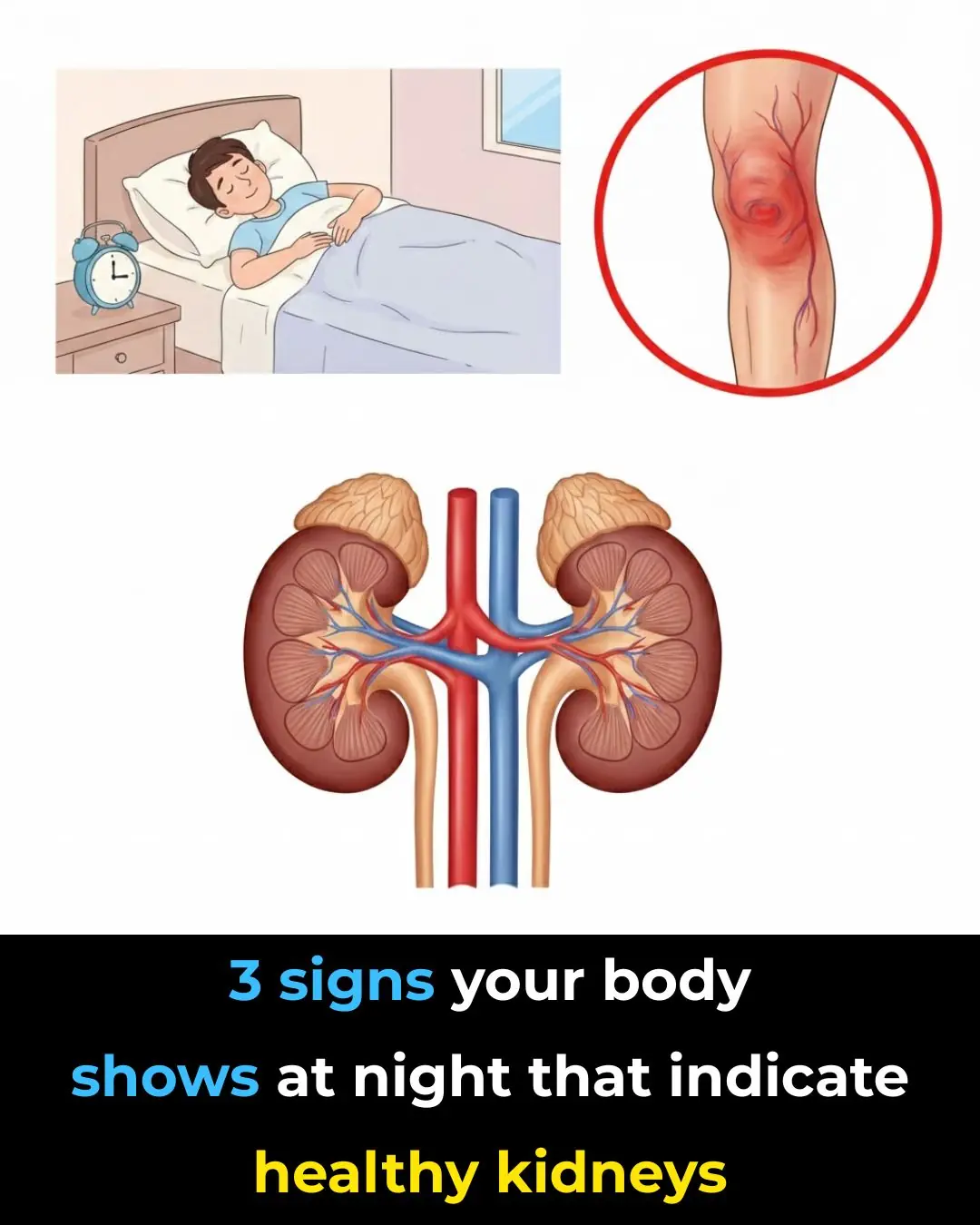
🌙 If You Notice These 3 Signs at Night, Your Kidneys Are Likely in Great Shape

3 Selfish Habits of Husbands That Increase Their Wives’ Risk of Cervical Cancer – Stop Them Now Before They Harm the Whole Family
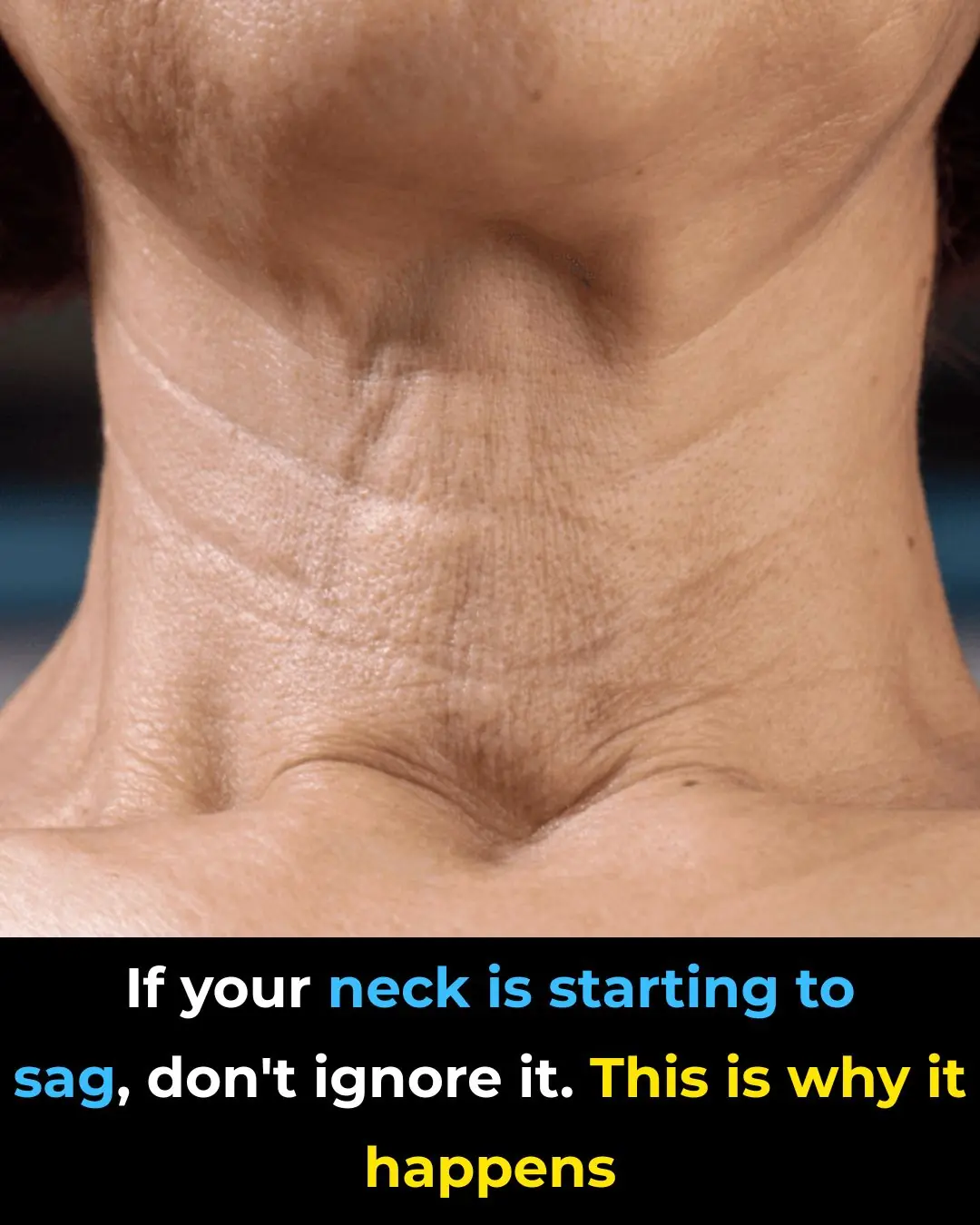
Why Neck Skin Sags as We Age
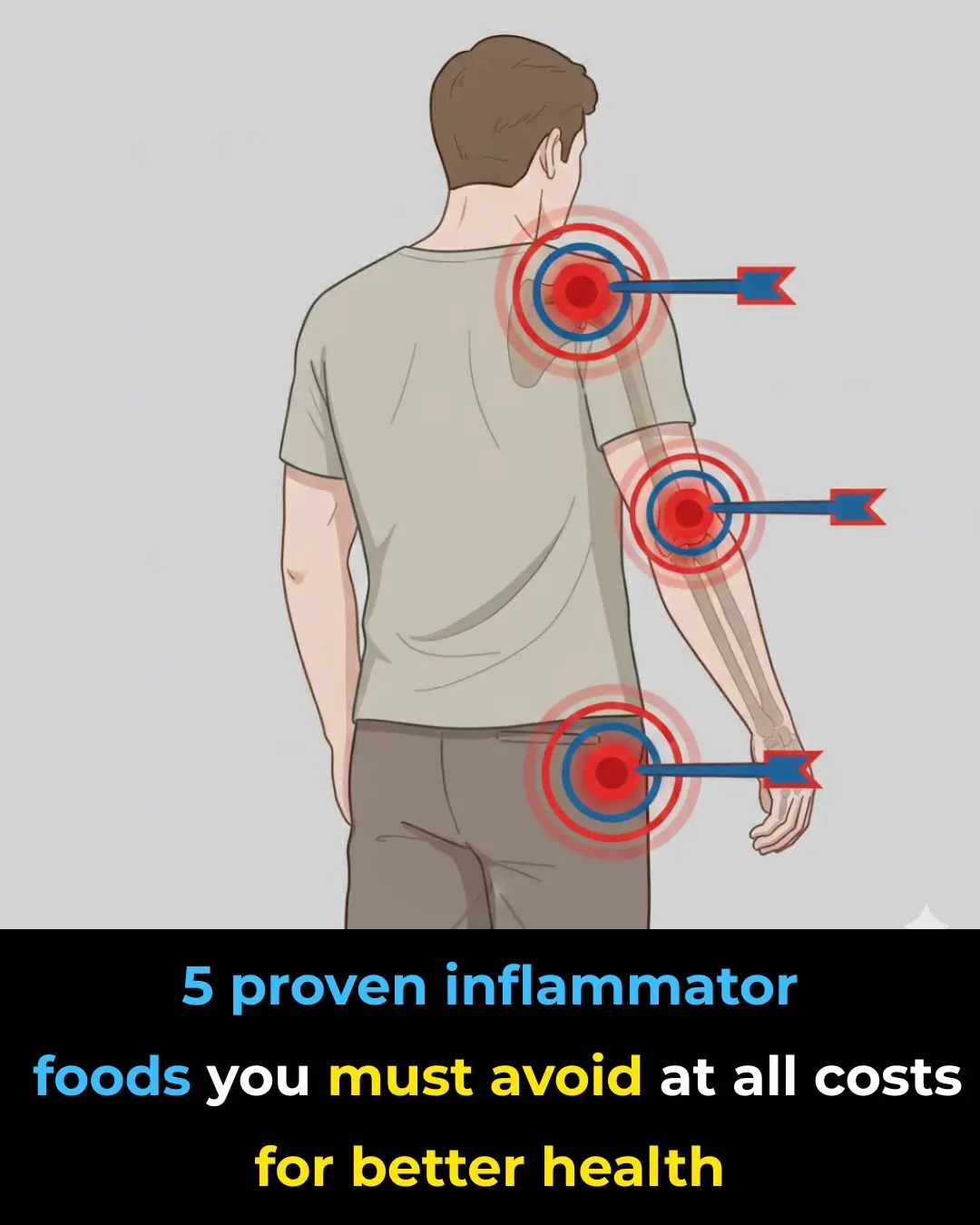
Proven Inflammatory Foods to Avoid According to Science
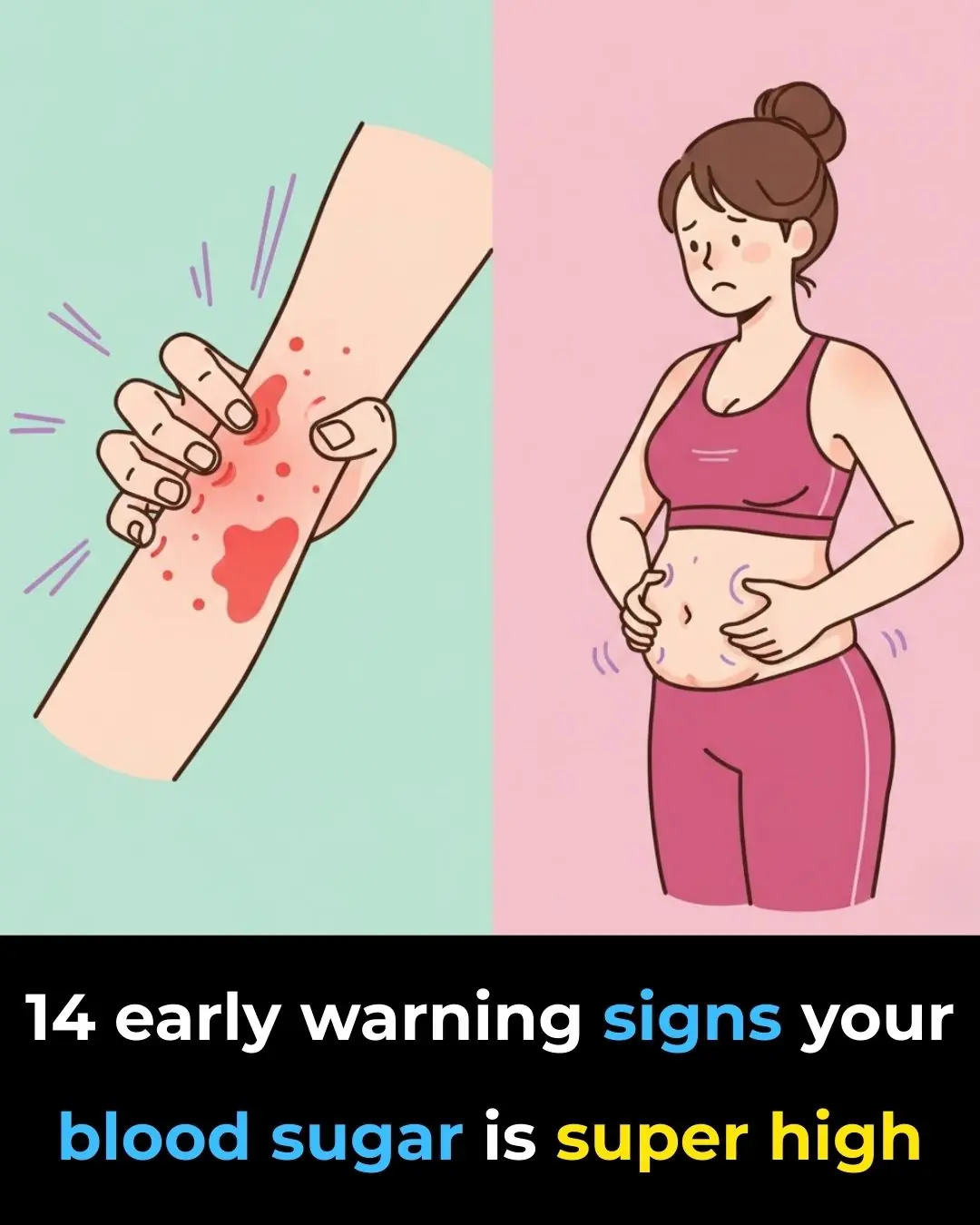
14 Signs Your Blood Sugar Is Way Too High (And 14 Ways to Reduce It)

Walking Barefoot at Home

Stronger Than Eggs? The Affordable Seeds That May Support Muscle After 75

How to Prepare Okra Water to Naturally Support 17 Aspects of Health
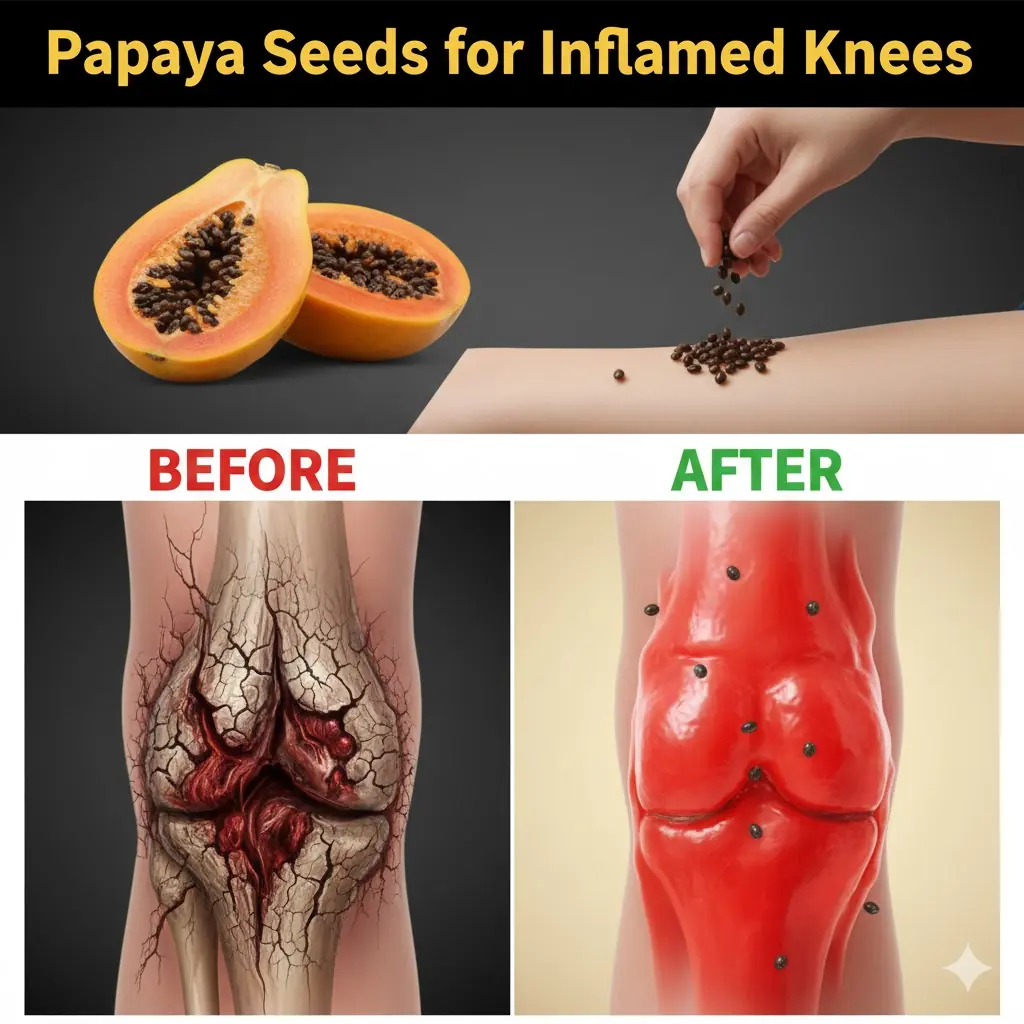
Papaya Seeds for Joint Relief: A Simple Home Habit to Explore for Knee, Back, and Spine Comfort

Be amazed by this vitamin that can improve leg circulation and help protect against clots!
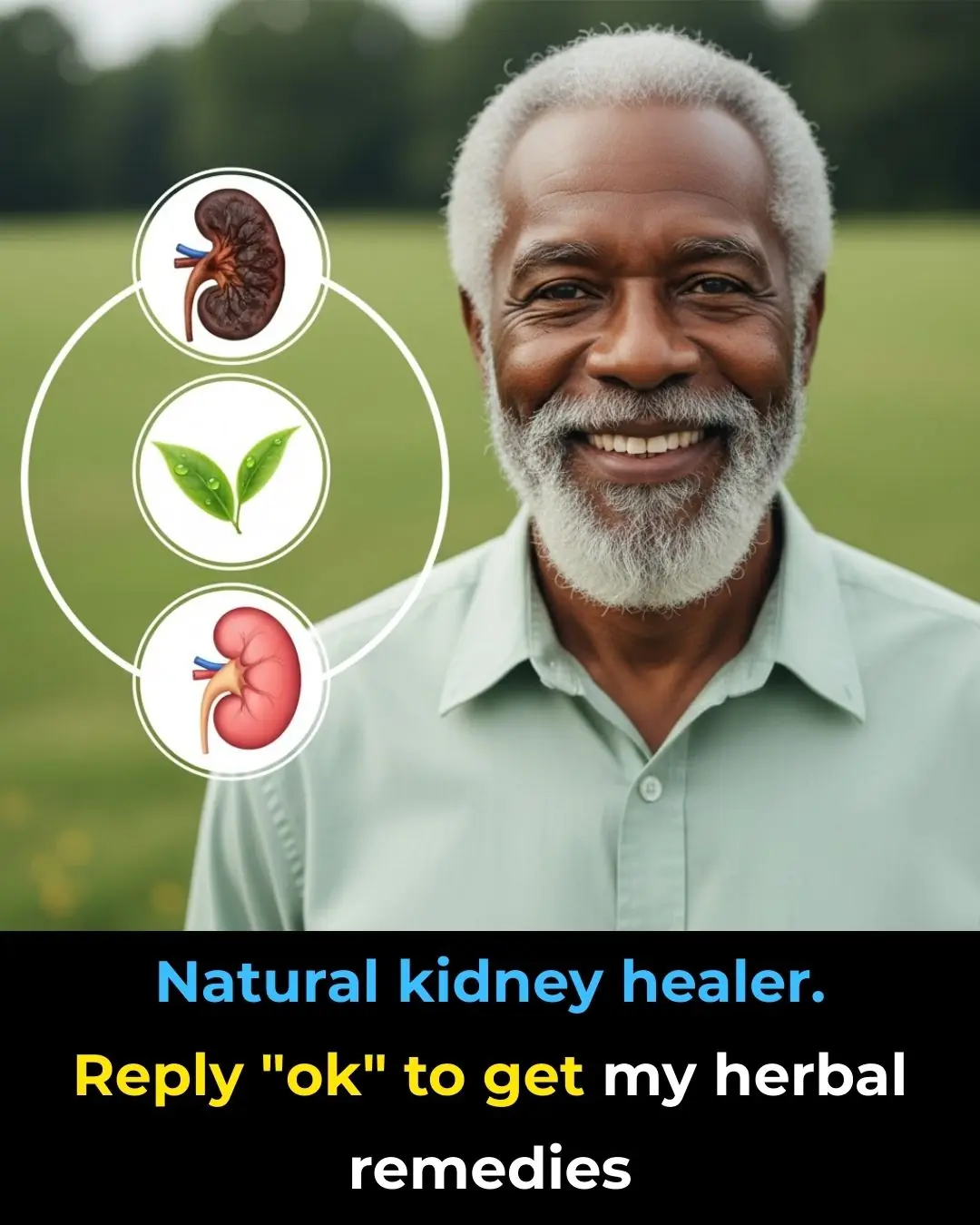
Discover Simple Everyday Herbal Habits That Can Naturally Support Kidney Health

Woman reveals five colon cancer symptoms that should not be ignored

What Are Eye Floaters? Here What To Do If you Start Seeing Them, According to an Eye Doctor
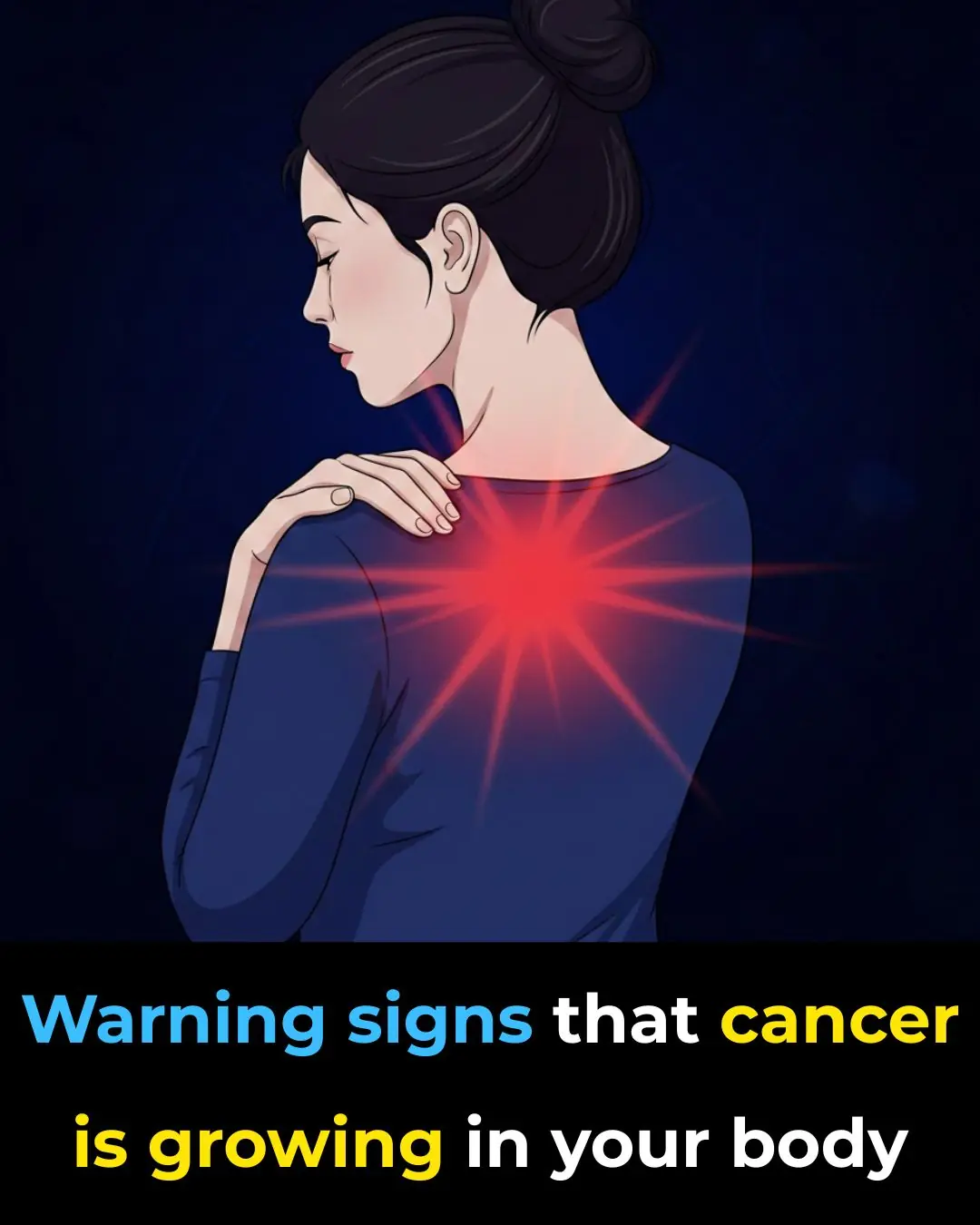
5 warning signs of cancer developing in the body
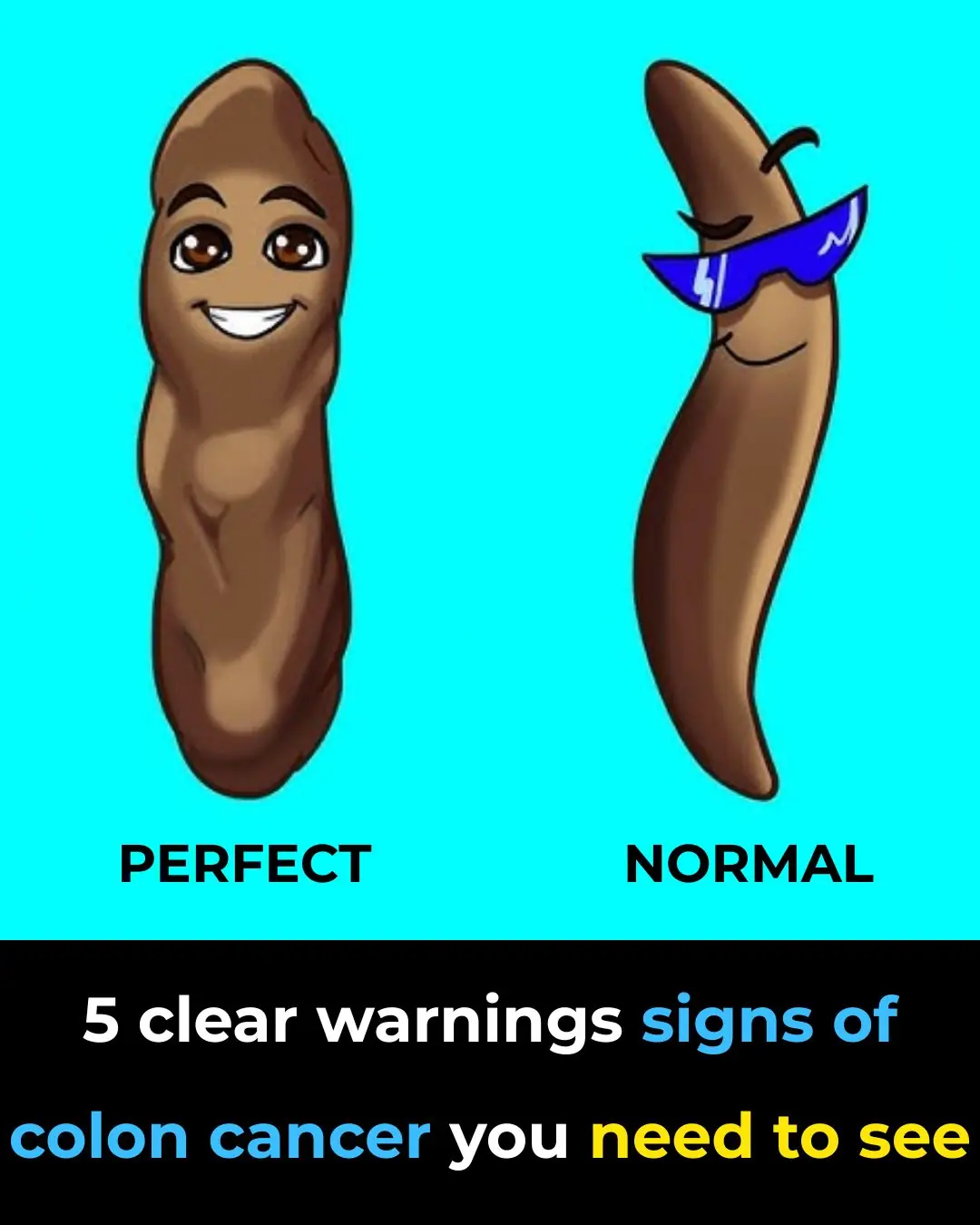
5 Concerning Red Flags That May Signal Colon Cancer
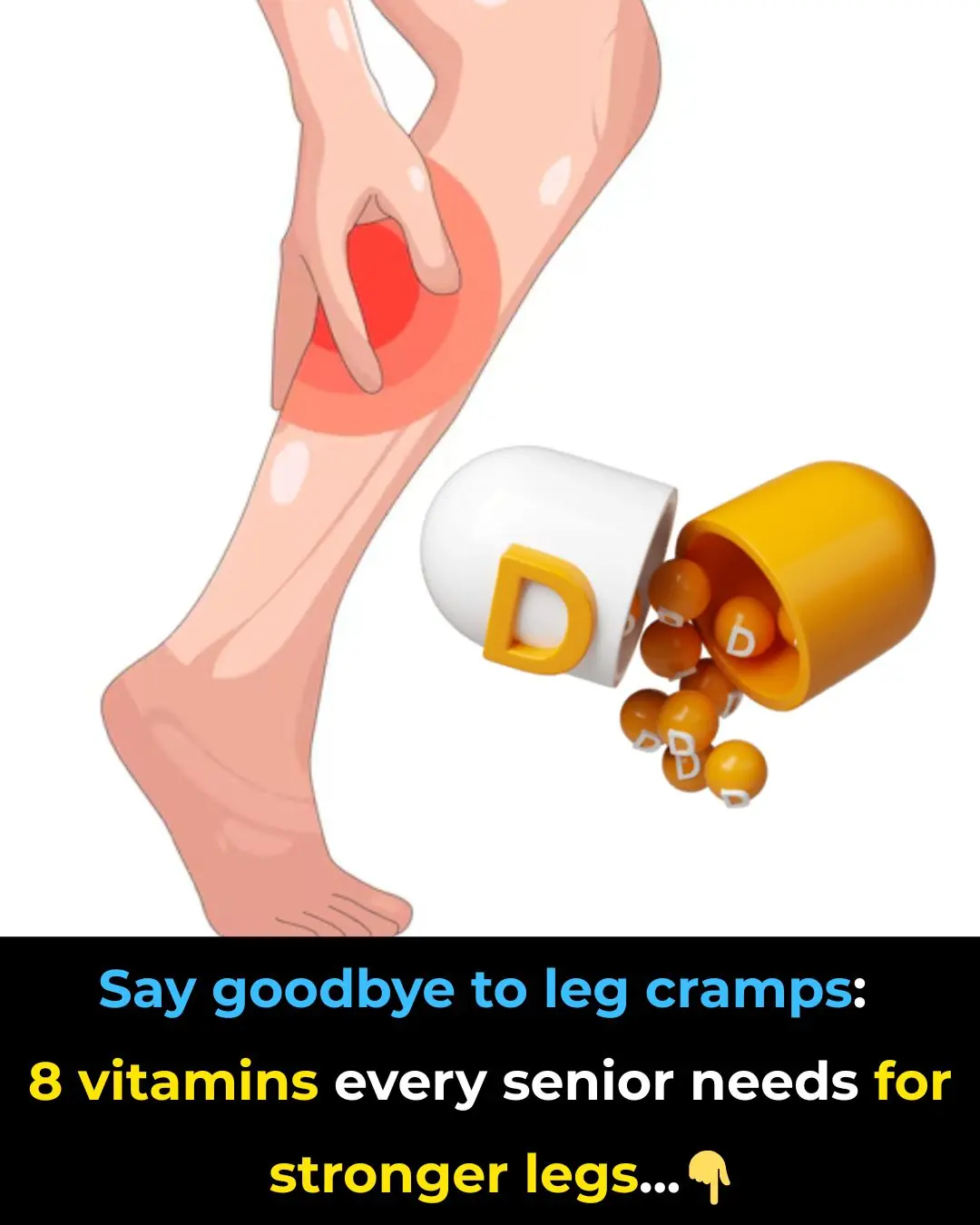
Essential vitamins for strong and cramp-free legs

Master Tonic: A Powerful Natural Drink for Immune Strength and Vitality 🌿🍋

11 Little-Known Secrets About Eating Grilled Corn — Even If You Love It, Remember These

12 Powerful Reasons to Drink Milk with Garlic Every Day
News Post

Never Broken a Bone

🌙 If You Notice These 3 Signs at Night, Your Kidneys Are Likely in Great Shape

3 Selfish Habits of Husbands That Increase Their Wives’ Risk of Cervical Cancer – Stop Them Now Before They Harm the Whole Family

Why Neck Skin Sags as We Age

Senior Slaps Freshman Girl—Her Ex-Con Brother’s Response Shocks Everyone
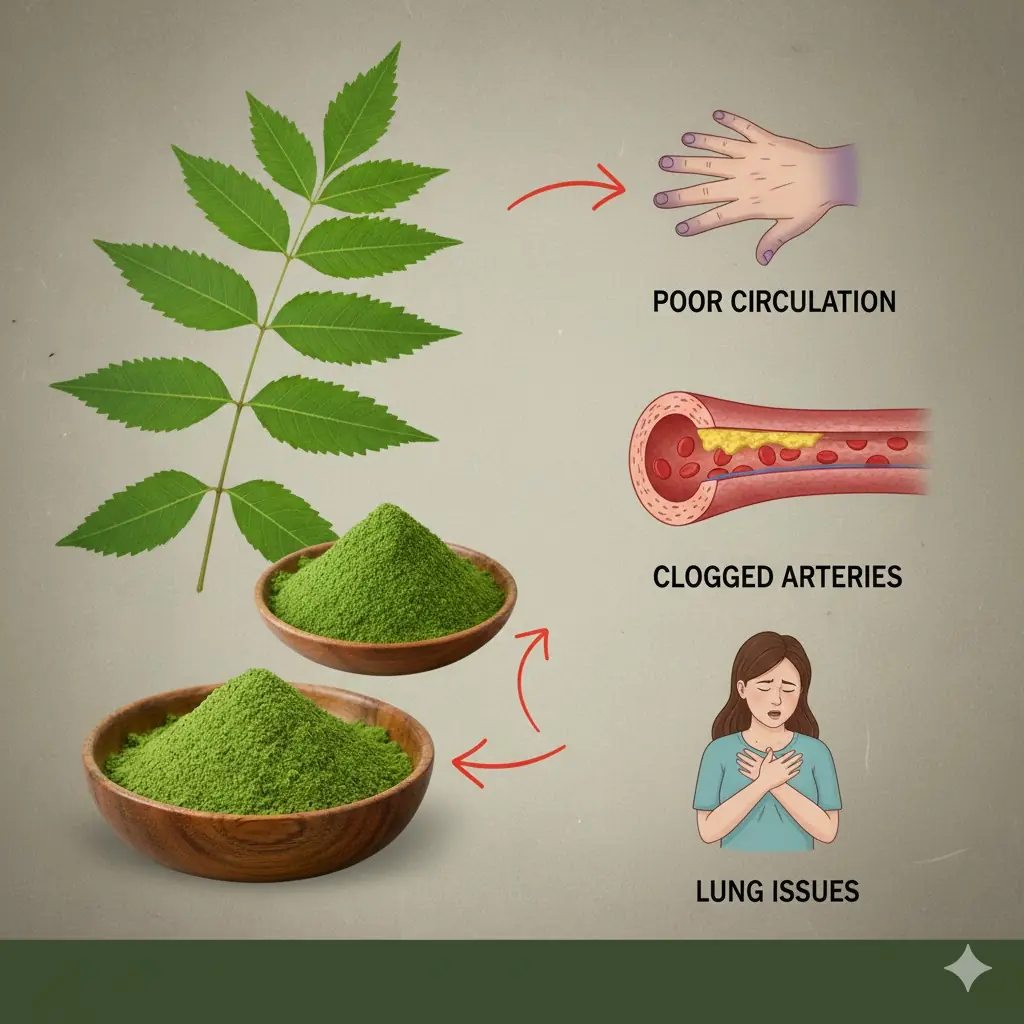
One Powerful Leaf That Supports Blood Sugar, Blood Pressure, Pain Relief, Cholesterol, and Healthy Circulation
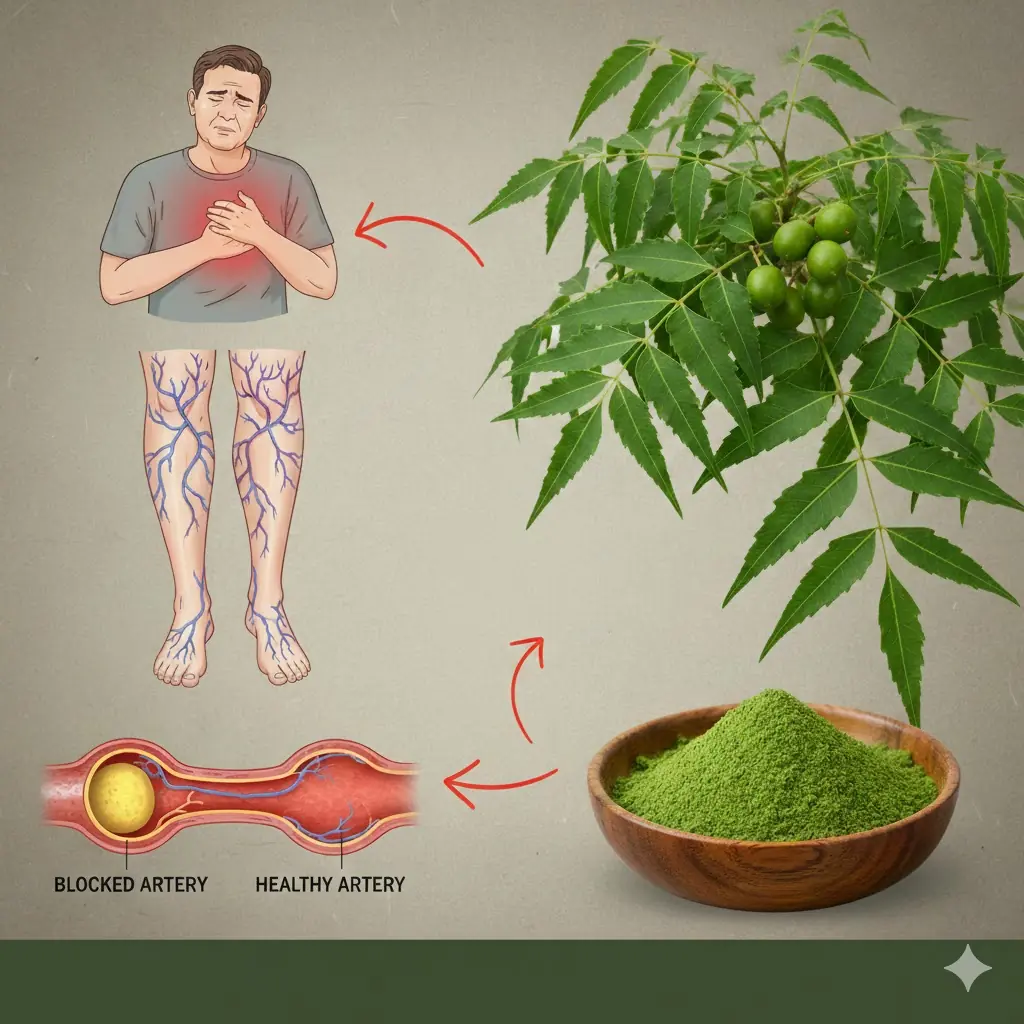
Discover the Power of a Single Leaf That Can Support Your Health Naturally 🌿💚

Sumac Tree Benefits – A Powerful Medicinal and Culinary Plant

The Benefits of Horsetail: A Natural Remedy for Health and Wellness

Purple Dead Nettle – Benefits and Uses of This Surprising Wild Herb
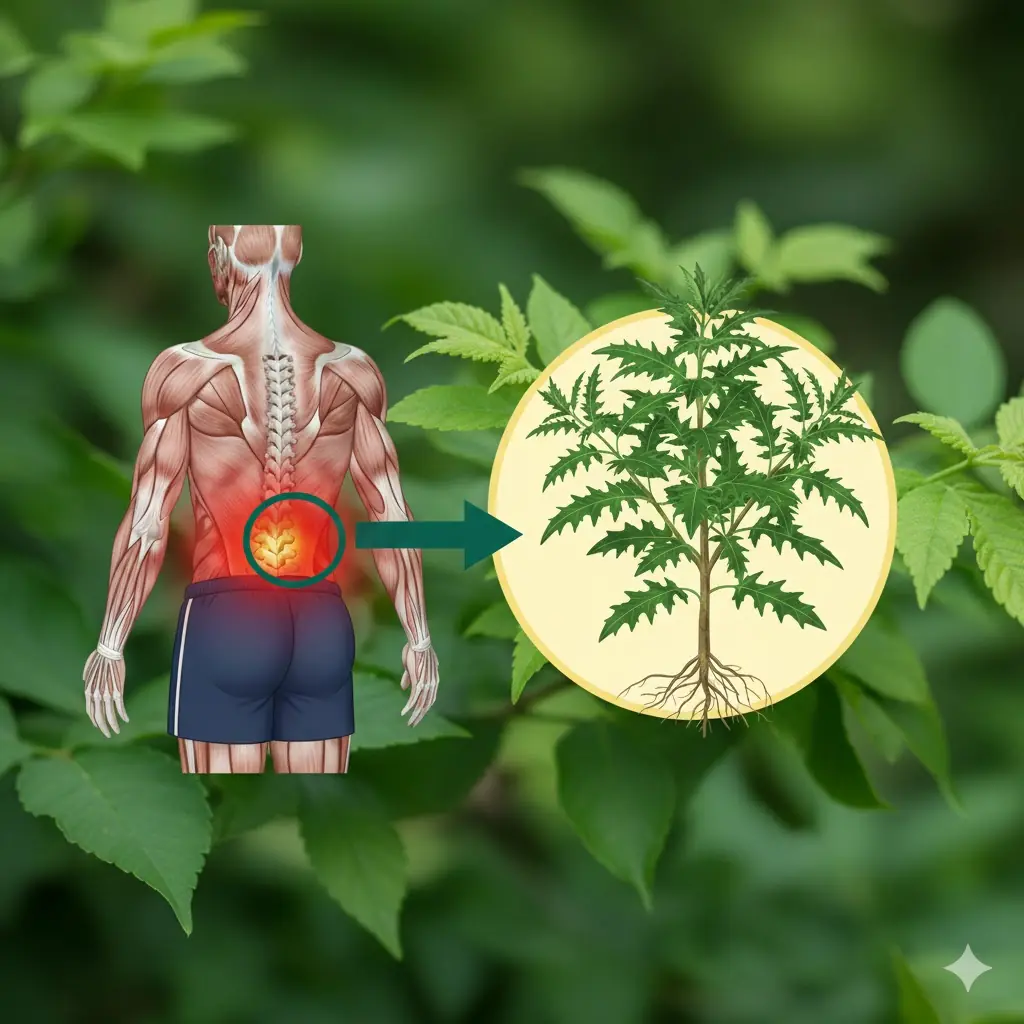
Alishan Thistle (Cirsium arisanense): Health Benefits, Traditional Uses, and Natural Healing Properties

Bully Beats Up “Weak” Kid 15 Times—Kid Was State Wrestling Champion

Star Wrestler Punched Girl Who Beat Him—Her Dad Was Olympic Coach

Karen Screams At Cashier For 20 Minutes… Then Learns Who He Really Is

Blogs This Voicemail Broke the Internet
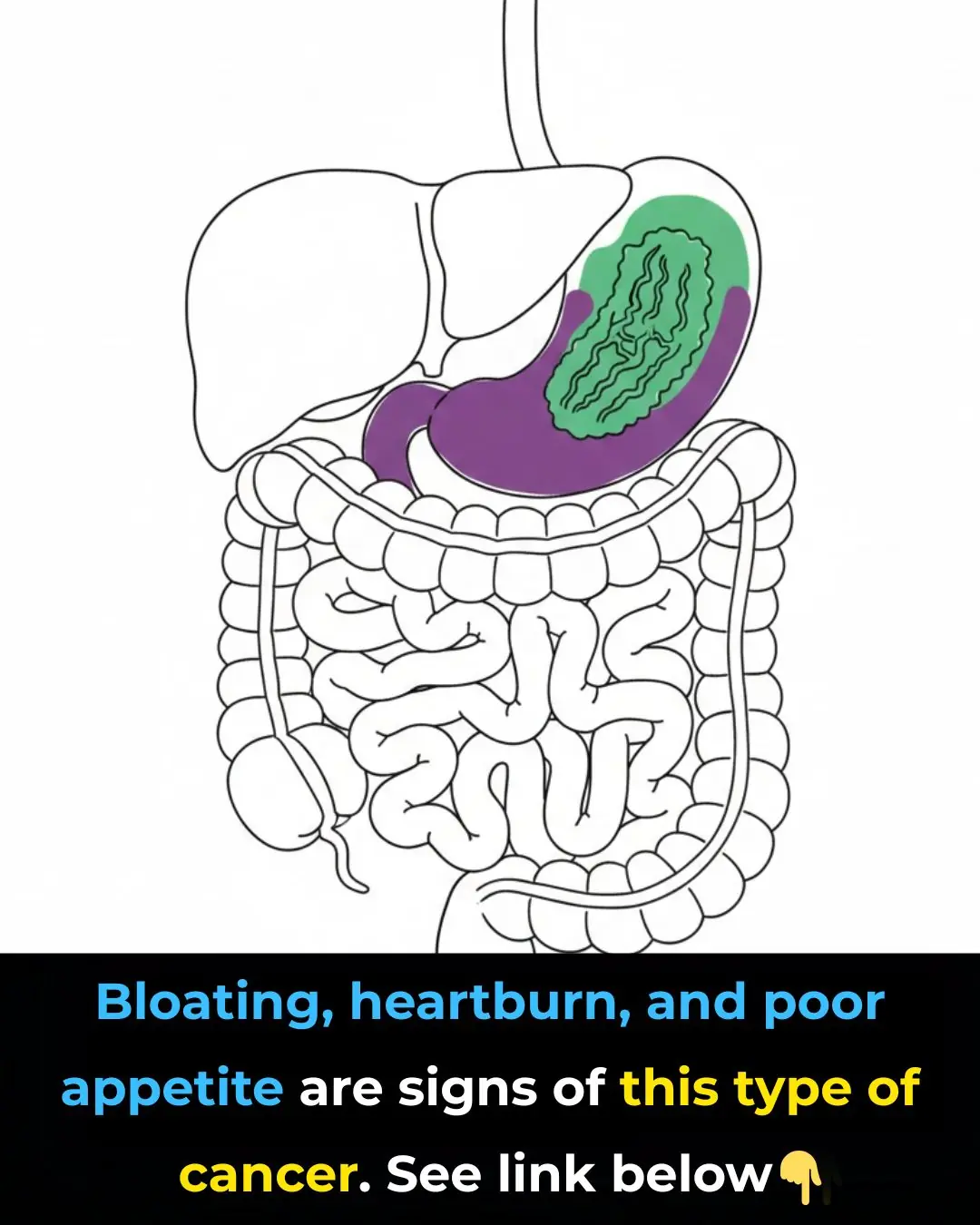
What Is Stomach Cancer?

What Is the Adam’s Apple

Proven Inflammatory Foods to Avoid According to Science

14 Signs Your Blood Sugar Is Way Too High (And 14 Ways to Reduce It)
